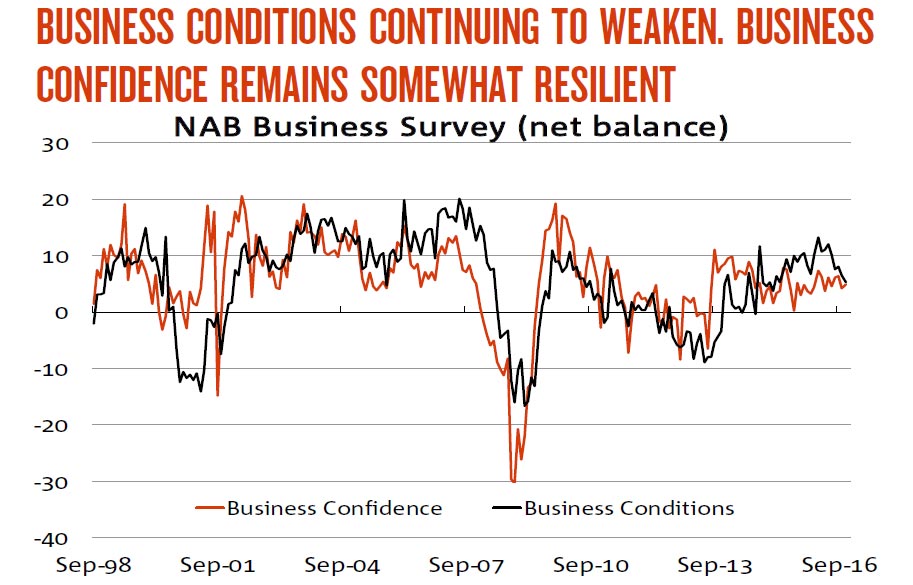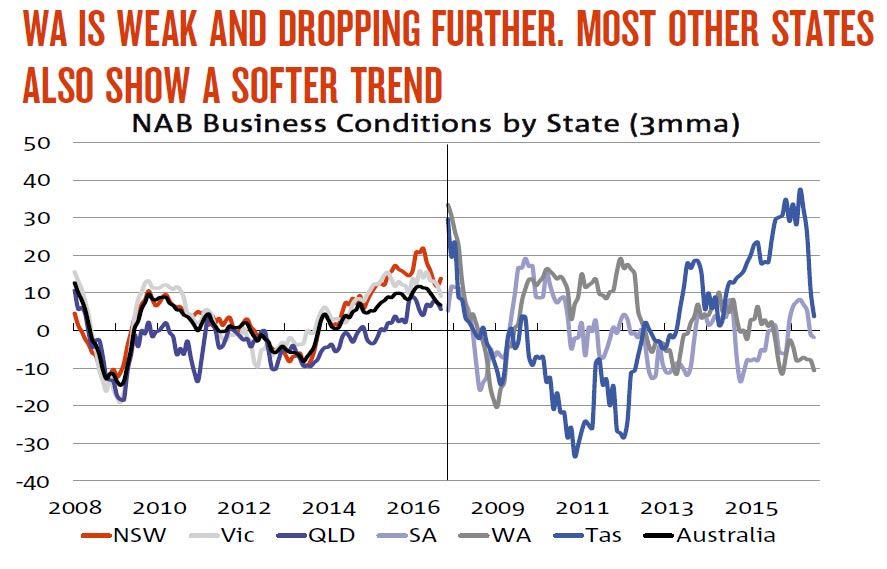ASIC says it has today accepted enforceable undertakings (EUs) from each of the National Australia Bank Limited (NAB) and the Commonwealth Bank of Australia (CBA) in relation to the banks’ wholesale spot foreign exchange (FX) businesses.
As a result of ASIC’s investigation, ASIC is concerned that between 1 January 2008 and 30 June 2013, both banks failed to ensure that their systems and controls were adequate to address risks relating to instances of inappropriate conduct identified by ASIC.
ASIC Commissioner Cathie Armour said, ‘A well-functioning foreign exchange market depends on all participants acting with integrity and fairness. ASIC is committed to ensuring that major financial institutions have in place effective mechanisms for ensuring that their employees are trained, monitored and supervised to provide financial services efficiently, honestly and fairly.’
NAB
ASIC identified the following conduct by employees of NAB between 1 January 2008 and 30 June 2013:
- on several occasions, a NAB employee on an offshore spot FX desk, acting together with an employee of another Australian bank, shared confidential information and entered offers into the trading platform without any apparent legitimate commercial reason for placing the offers;
- on a number of occasions, NAB employees disclosed specific confidential details of pending client orders to external market participants, including identification of the client through the use of code names; and
- on several occasions, NAB employees on an offshore spot FX desk inappropriately exchanged confidential and potentially material information about the bank’s client flow or proprietary positions.
ASIC is concerned that NAB did not ensure that its systems, controls and supervision were adequate to prevent, detect and respond to such conduct, which had the potential to undermine confidence in the proper functioning of the market.
Under the EU, NAB will develop a program of changes to its existing systems, controls, monitoring and supervision of employees within its foreign exchange business to prevent, detect and respond to, amongst others, the following types of conduct:
- attempts to manipulate the market for a currency, including by placing offers without a legitimate commercial reason and attempts to influence benchmark rates;
- inappropriate trading while in possession of confidential and potentially material information; and
- disclosures of client confidential information.
The program and its implementation will be assessed by an independent consultant appointed by ASIC.
Upon implementation of that program, for a period of three years, NAB will provide to ASIC an annual attestation from its senior executives that the systems and controls in its spot FX business are appropriate and adequate to effectively prevent, detect and respond to specified conduct. The program will also be subject to annual internal reviews and assessment by the independent consultant for a period of three years.
NAB will also make a community benefit payment of $2.5 million towards advancing financial literacy education related to the aged care sector and the promotion of ethical behaviour in Australian financial markets.
CBA
ASIC identified the following conduct by employees of CBA between 1 January 2008 and 30 June 2013:
- on two occasions, CBA employees on an offshore spot FX desk acquired proprietary positions in a currency after coming into possession of knowledge of large CBA fix orders in that currency;
- on at least two occasions, CBA employees traded in a manner that may have been intended to cause the trigger price for a stop loss order to trade when it might not have traded at that time; and
- on a number of occasions, CBA employees on an offshore spot FX desk disclosed confidential details of pending client orders to external third parties, including identification of the client through the use of code names.
ASIC is concerned that CBA did not ensure that its systems, controls and supervision were effective in relation to such conduct by its employees. Such conduct had the potential to undermine confidence in the proper functioning of the market.
Under the EU, CBA will develop a program of changes to its existing systems, controls, monitoring and supervision relating to the management of fix orders, management of stop loss orders, and external communications containing specific confidential information to address such conduct. The program will incorporate changes already made by CBA as part of an existing review of its Global FX business.
The program and its implementation will be assessed by an independent consultant appointed by ASIC. Upon implementation of the program, CBA will also provide ASIC with an annual attestation from a senior executive, for a period of three years, that the systems and controls in its spot FX business are appropriate and adequate to effectively manage specified conduct risks.
CBA will also make a community benefit payment of $2.5 million towards advancing financial literacy education related to the aged care sector.
ASIC encourages market participants to adhere to high standards of market practice, including those set out in the Global Code of Conduct for the Foreign Exchange Market, published by the Bank of International Settlements (BIS Global FX Code). The BIS Global FX Code provides a global set of good practice guidelines to promote the integrity and effective functioning of the wholesale foreign exchange market. Phase 1 of the Code was published in May 2016, and Phase 2 is due for publication in May 2017.
ASIC is grateful for the assistance of our international regulatory counterparts in progressing our investigation, including the UK Financial Conduct Authority and the NZ Financial Markets Authority.
Background
The wholesale spot FX market is an important financial market for Australia. It facilitates the exchange of one currency for another and thus allows market participants to buy and sell foreign currencies. As part of their spot FX businesses, both banks entered into different types of spot FX agreements with their clients, including Australian clients.
Spot foreign exchange refers to foreign exchange contracts involving the exchange of two currencies at a price (exchange rate) agreed on a date (the trade data), and which are usually settled two business days from the trade date.









